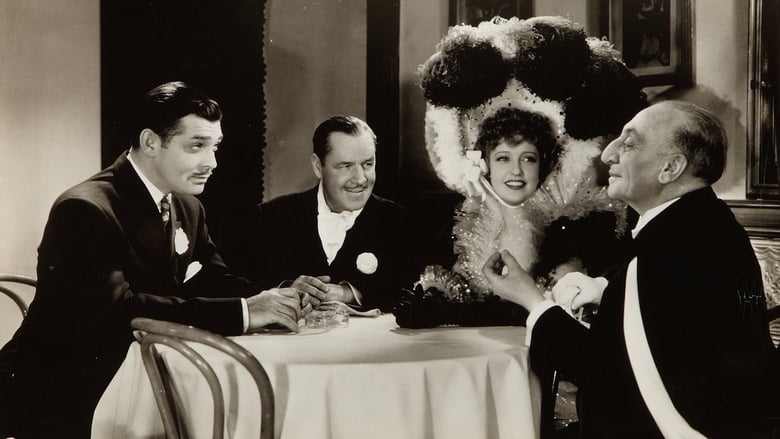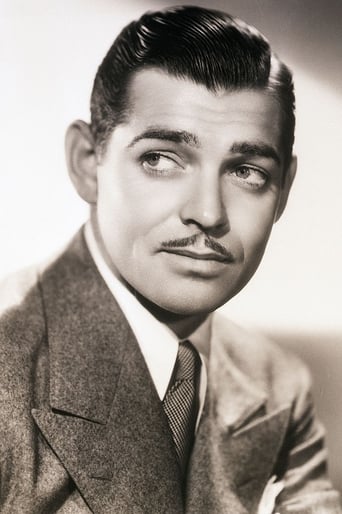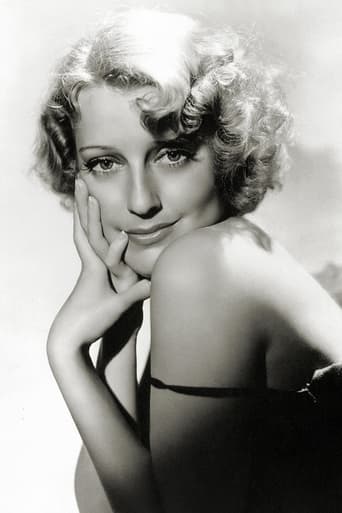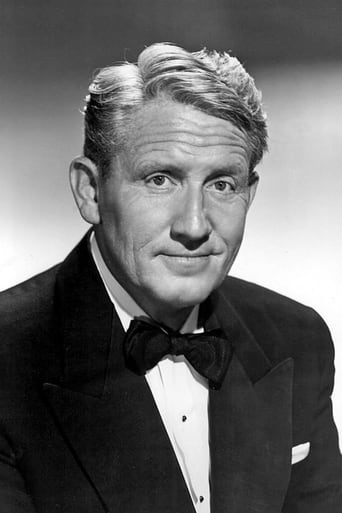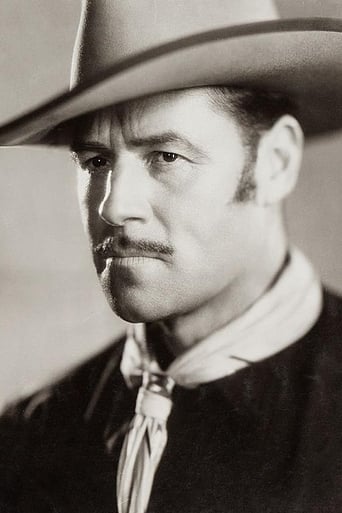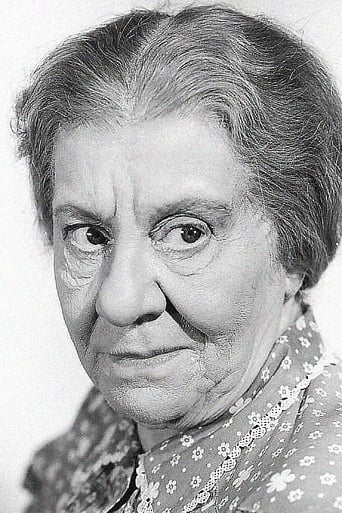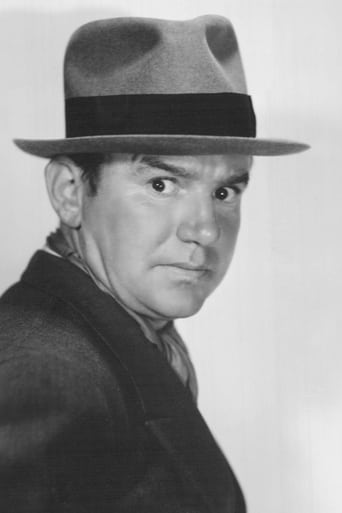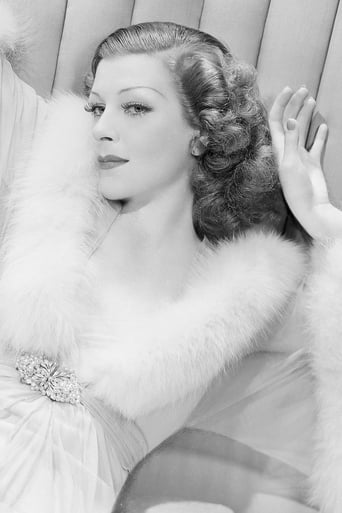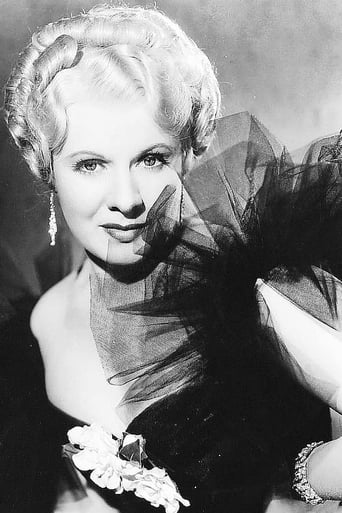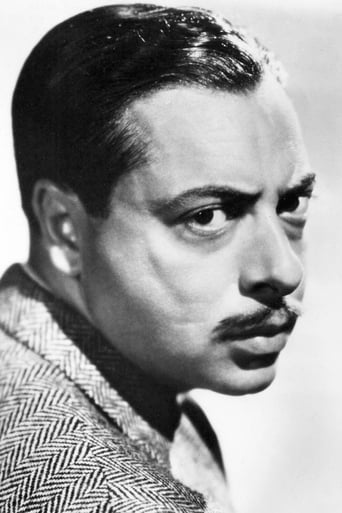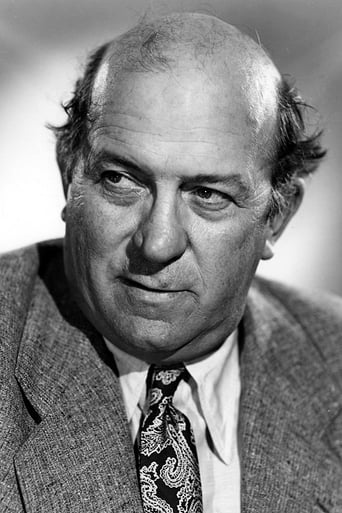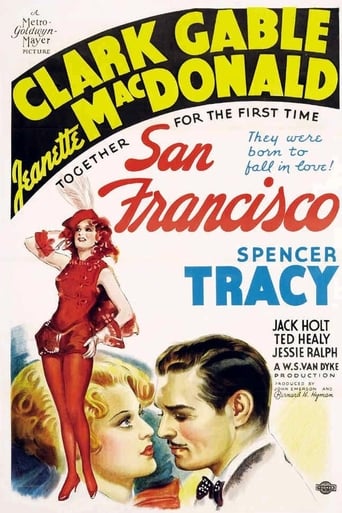
A beautiful singer and a battling priest try to reform a Barbary Coast saloon owner in the days before the great earthquake and subsequent fires in 1906.
Similar titles
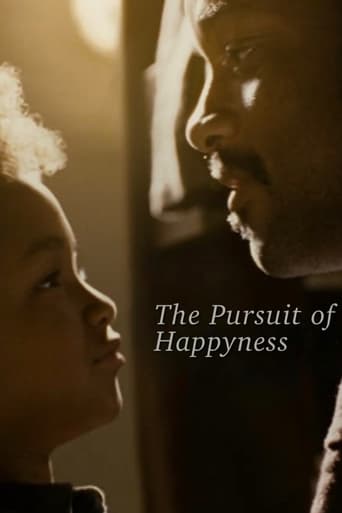
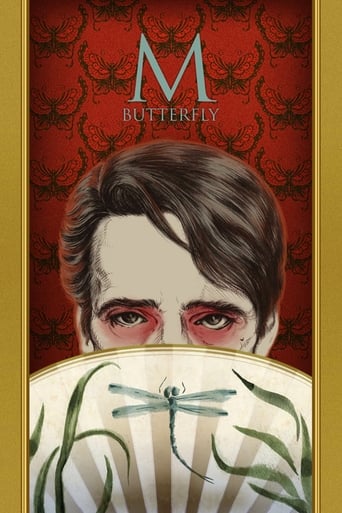
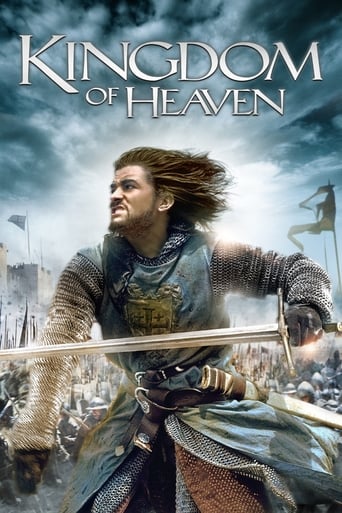
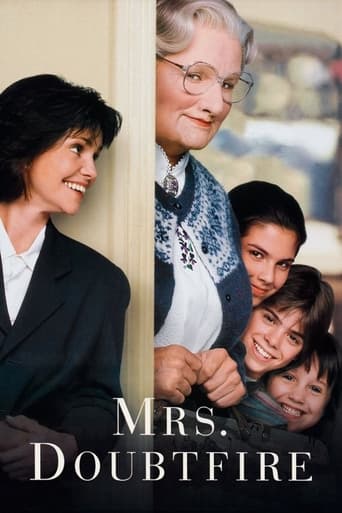

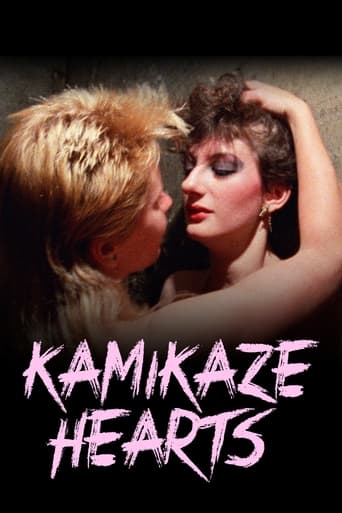
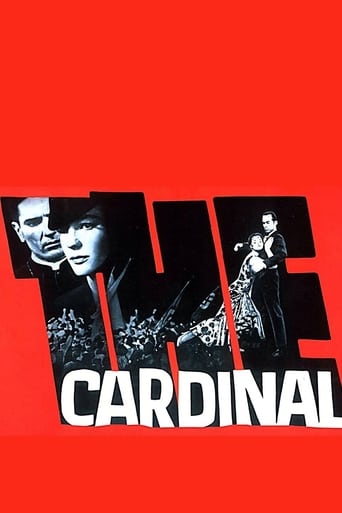
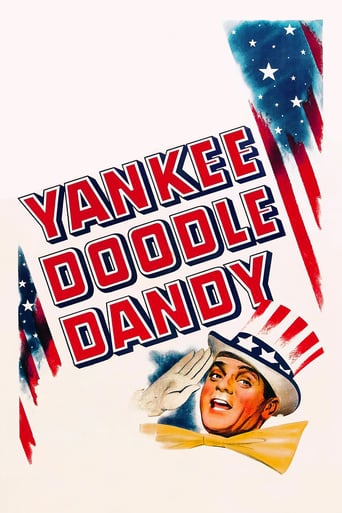
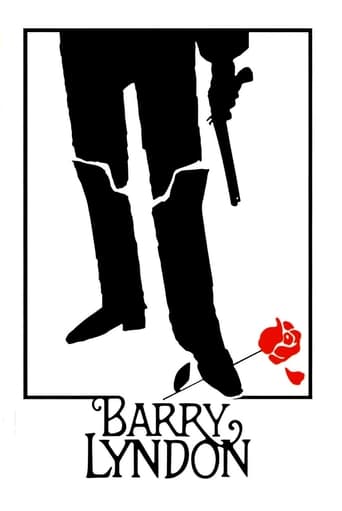
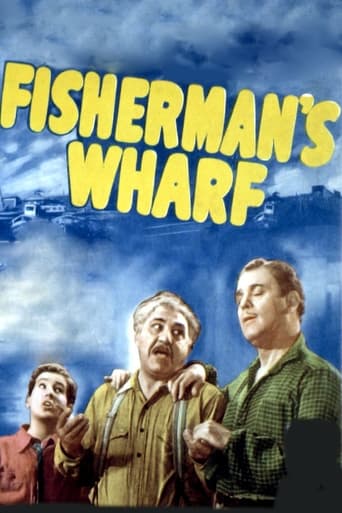
You May Also Like
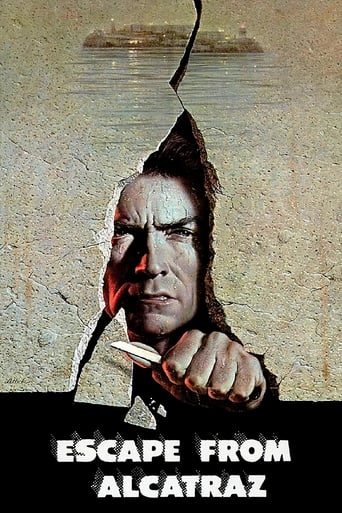
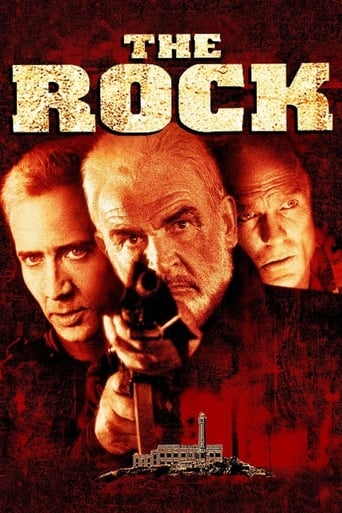
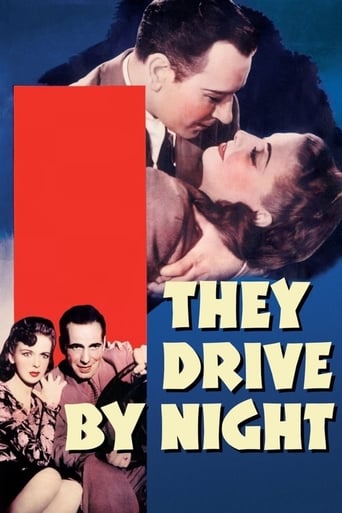
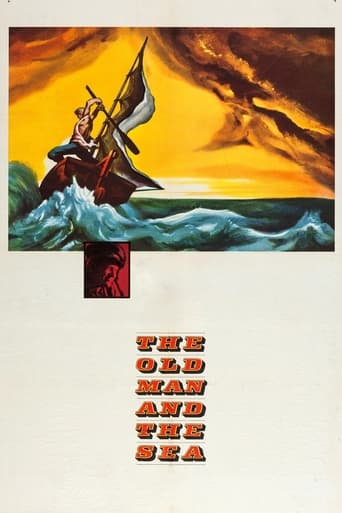
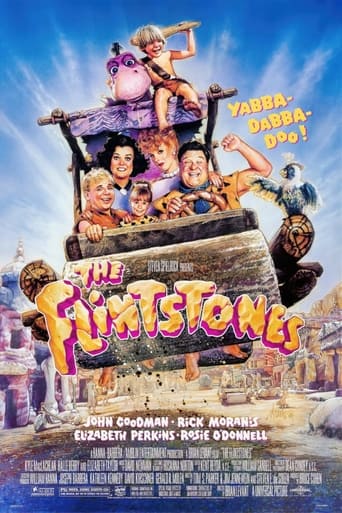
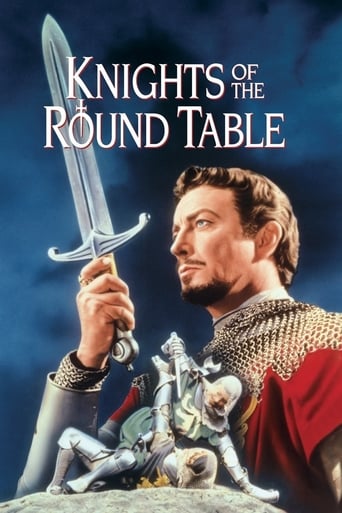
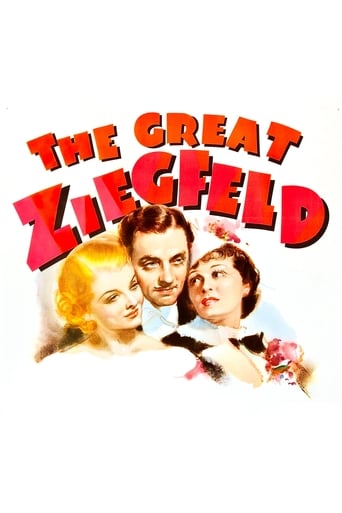
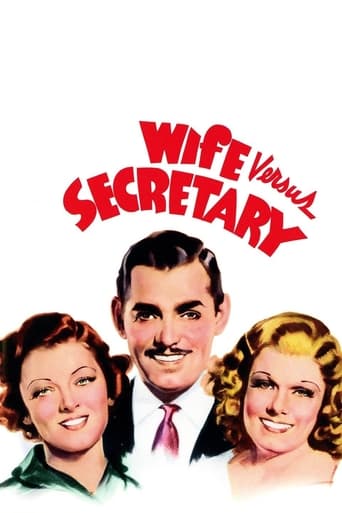

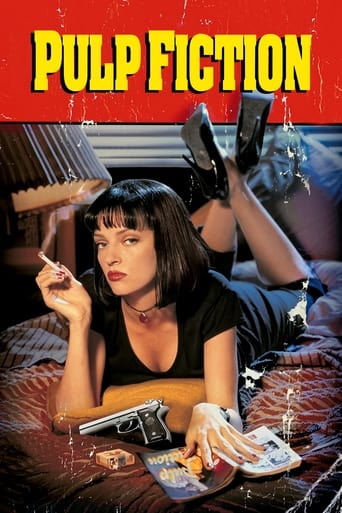
Reviews
Just perfect...
Yo, there's no way for me to review this film without saying, take your *insert ethnicity + "ass" here* to see this film,like now. You have to see it in order to know what you're really messing with.
Not sure how, but this is easily one of the best movies all summer. Multiple levels of funny, never takes itself seriously, super colorful, and creative.
The tone of this movie is interesting -- the stakes are both dramatic and high, but it's balanced with a lot of fun, tongue and cheek dialogue.
Copyright 22 June 1936 by Metro-Goldwyn-Mayer Corp. A W. S. Van Dyke production. New York opening at the Capitol, 26 June 1936. U.S. release: 25 June 1936. Australian release: 19 August 1936. 12 reels. 115 minutes.SYNOPSIS: Out-of-work singer (MacDonald) is given a job by a surly Barbary Coast saloon-keeper (Gable) who objects to her leaving his employ to take a principal role in grand opera, sponsored by the aristocratic Jack Burley (Holt).NOTES: The Academy of Motion Picture Arts and Sciences' 1936 award for Sound Recording went to Douglas Shearer, defeating Banjo On My Knee, The Charge of the Light Brigade, Dodswortb, General Spanky, Mr Deeds Goes To Town, The Texas Rangers, That Girl From Paris and Three Smart Girls.Also nominated for Best Picture (The Great Ziegfeld), Best Actor, Spencer Tracy (Paul Muni in The Story of Louis Pasteur), Directing (Frank Capra for Mr Deeds Goes To Town), Assistant Director (Jack Sullivan for The Charge of the Light Brigade), Original Story (The Story of Louis Pasteur).Best Picture of 1936 — Photoplay Gold Medal Award. Number 4 on the annual Film Daily poll of U.S. film critics. The top-grossing picture of 1936 in the U.S.A. and Canada. MGM's top-grossing picture (over $5 million) of the 1930s.COMMENT: From the moment the lion roars and we start in on the ornate roller title while Ward's glorious arrangements of "San Francisco" and "Would You" are deftly brought up on the sound track, San Francisco strikes an emotional high that continues right to "The End" title. The lavishly staged and fluidly directed scenes of New Year revelry at the opening are capped by immediate action and suspense as Gable races to a fire. A clever tracking shot soon after has him brushing MacDonald aside on his way to his club. Few films so adroitly introduce both their leading characters in a flurry of such frantic opening activity. MacDonald is superbly photographed, and no-one (not even Fred Astaire) can wear a top hat and tails with such elegance and style as Clark Gable. And if you think these few opening minutes are exciting, wait till you see the rest of the movie! Unlike many modern pictures in which a thin story is served up as an excuse for an over-indulgence in entertainment-defeating special effects, "San Francisco" has a strong story with solidly interesting characters with whom we become so involved that the climax spurs our interest in their fate. Spectacularly thrilling as it is, the earthquake is merely an added tension to a plot of already powerful, super-gripping suspense.
You get the feeling that what director Woodie Van Dyke REALLY wanted to do was reenact the great San Francisco earthquake scene of destruction on the 30th anniversary of its occurrence. Of course, MGM studio head Louis B. Meyer is not going to fork over money for that, so a story is constructed that merely contains the scene he really wanted to do as the climax of the film. The whole thing is a well acted but rather maudlin morality tale in the production code era tradition. You've got the personification of the Barbary Coast entrepreneur in Blackie the atheist saloon owner, perfectly cast with Clark Gable in the role. You have the voice of virtue in the person of priest Father Tim Mullin, again perfect casting with Spencer Tracy in the role, and you've got your virtuous songbird of a lady in Jeanette McDonald as Mary Blake, looking for work as a singer. Did anybody on the MGM lot in 1936 have a better voice than hers? Square jawed Jack Holt comes over from Columbia to play society scion Jack Burley, who in the end is no better, maybe worse, than Blackie. He claims he is respectable but when he and Blackie are fighting over the affections of Mary, there is no blow that is too low for him to land. In the middle of all of this conflict - scion versus rascal, man of God versus atheist, a woman who is torn between the man society tells her that she is supposed to love and the man she really does love comes the great quake. When you watch it think about the work that went into this given the technology that did not exist at that time and it becomes even more wondrous. Unfortunately, at least for me, the movie gets rather hokie at that point. I'll let you watch and get the details.In the final analysis, Jeanette McDonald is probably given more to do in this movie than she should have because Louis B. Mayer thought she was "hawt!". Meanwhile the production code was the best thing that ever happened to Spencer Tracy. No doubt he was a great actor, even greater when you realize that off camera he was a heavy drinker and bedding every MGM (and before that Fox) starlet he could get his hands on, and yet he plays a priest quite believably!. And Blackie suddenly believes in God because the person he loved is not dead in the rubble? What about all of the other dead people? Should, by the same logic, the people who loved them have become atheists? Not as long as head censor Joe Breen was on the job, and he would be for another 16 years.Highly recommended in spite of the hokie ending. It is just a shame that they couldn't have made it in 1933 when things were allowed to be a bit saucier and more realistic.
When Jeanette MacDonald hits the high C then leaves the old San Francisco dive bar in anguish, you know it's only a matter of time before the ground starts shaking and old San Francisco becomes a city of the past. Of course, the iron butterfly only gets her evening gown torn just slightly with a smudge or two of dirt as she makes her way through the fallen debris. No MGM diva would dare be seen any other way, even if the plot called for that. The public wouldn't stand for seeing their MGM goddesses any other way but pristine.Long before lost youth wore flowers in their hair and political activists marched for gay rights, San Francisco was a wild place where poor folks from the east coast traveled thousands of miles to establish a new life and hopefully become the new rich of the west coast. Blackie Norton (Clark Gable) is a charming but ruthless political hopeful who discovers Mary Blake (Jeanette) singing in a dive, and thanks to his influence, she rises to the top of the cities' cultural center as an opera star. This attracts the attention of wealthy Jack Burley (Jack Holt) whose matriarchal mother (the fantastic Jessie Ralph) was once one of those poor folks, and a lucky one since her late husband had made a fortune after they arrived in the undeveloped Northern California coast. Overseeing all this intrigue is a compassionate but tough priest (Spencer Tracy) who acts as Gable's moral conscience.While there had been earthquakes on film before (both real and fictional), none had been as lavishly filmed like this one. Irving Thalberg's unit at MGM spared no expense in putting together one of the most thrilling sequences in film that truly was ground breaking. The political story, fictional in story but true to life in historical accuracy, gives a moral twist to this epic tale that comes together at the end where Gable, as the anti-hero, finds a soul in himself and realizes that there is more to his character than just the desire for money and power. MacDonald gives her best dramatic performance as the fragile looking but ultimately strong heroine, while Tracy (nominated for a leading actor Oscar in an essentially supporting role) is outstanding.Try not to have the desire to hug Jessie Ralph as the portly matron who confides her humble beginnings to MacDonald in a truly profound scene. That vinegary voice and grandmotherly feel of this veteran actress made her a natural scene stealer, and her final scene in this film is tear-jerking. She certainly was deserving of an Oscar nomination for her part which would have made her more well known today than she is, even though she certainly has made a following thanks to this film, "David Copperfield", "After the Thin Man" (refering to nephew in law William Powell as "Nicolass" and half a dozen screwball comedies where she showed her salty aunts and matrons had equally as much life in them as the feisty heroine she usually advised.An exciting opera sequence is just one of the movie's musical highlights which includes "Would You?" (famously reprised in "Singin' in the Rain"), an emotional "Battle Hymn of the Republic" and of course, the rousing title song which Jeanette rips into with the teeth of a shark and that Judy Garland would famously re-record with added lyrics. Everything about this film is exciting from start to finish with more than just the earthquake sequence to recommend it. Even if there is one shadowy flaw in the special effects, that hardly matters because this film has stood the test of time and remains as profound drama and strong entertainment.
At the time, this was probably seen as a blockbuster and moved many. It is too ordinary to recommend now. It has nice, clean drama. It has character conflict, sure. Gable stands in for ragged individualism and the American spirit of pulling yourself up from your bootstraps. Jeanette Macdonald stands in for unspoiled grace (what an amazing presence she was; exuding erotic magnetism in The Merry Widow, here she is dovelike and tender). Tracy's priest character acts as conscience.It is just so clean. Macdonald is not just the girl we see, she has to be a pastor's daughter and an orphan to emphasize her angelic purity, textbook stuff. The conflict up on the stage, since this is a musical, is that she's poor has to sing jazz tunes for Gable's music joint to get by, but her real talent is in opera, seen in this context as a higher form of expression. See?The one part that is interesting is that it all culminates with the San Francisco earthquake of 1906.The footage of destruction still impress on a visual level. There is scope here you wouldn't normally see in those days. But destruction like that—and Chicago's twenty years before—was a major force in shaping the face of modern America, doing away with the rubble of history, so the context matters.It ends with Macdonald singing among ruins and Gable in tears finally receiving god. (a scene that embarrassed this Hemingway man and his image)No dice. It is too Protestant to register for this viewer.But there is one notion that strikes some spark—a justifiably angry Gable has just hurt his former star in public for what seems like the last time, the rift between them for good, and this is answered the next moment by the ear-splitting roar of the earthquake and walls being ripped apart. Alas, in the film this is squandered in treacly lesson- learning.
Top Streaming Movies











